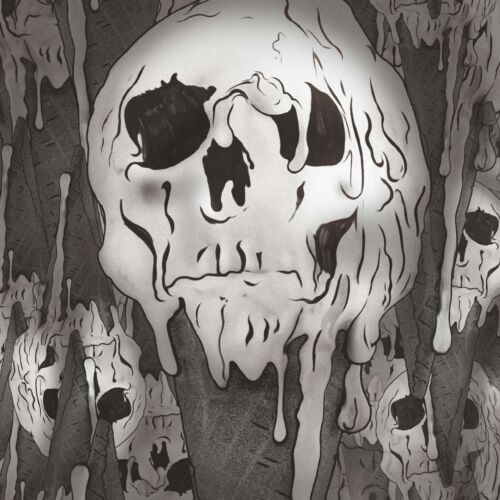Danish investment in Vietnam and China’s rivalry with India
Prime Ministers of India and Bangladesh met as part of strengthening bilateral economic relations. The talks were to address trade, communications, energy and food security in the context of a comprehensive economic partnership. India is South Asia’s largest trading partner for Bangladesh, which would like to improve its balance of trade in goods with it (in the last fiscal year, Bangladesh’s imports from India were worth approx. US$ 14 billion, while exports there fell to US$1.8 billion). India, meanwhile, is looking for investment to compete in the region with China.
China has lifted customs duties on 98% of taxable goods from nine of Africa’s least developed countries. The change applies to imports of agricultural products and mineral raw materials from the Central African Republic, Chad, Djibouti, Eritrea, Guinea, Mozambique, Rwanda, Sudan and Togo. The Chinese authorities thus want to increase imports from Africa, which mainly exports raw materials to China. In 2020, sales of African food and agricultural products to the People’s Republic of China reached US$161 billion, accounting for 2.6% of the total Chinese imports.
Denmark has become a major investor in Vietnam this year thanks in part to the LEGO Group’s construction of a US$1 billion, first-ever carbon-neutral factory. Danish energy company – Ørsted A/S has committed to invest up to US$13.6 billion in a 3.9 GW wind farm zone. In addition, Vietnam is one of the world’s top ten solar power producers, which is also attracting companies there, including Samsung Group and Apple Inc.























